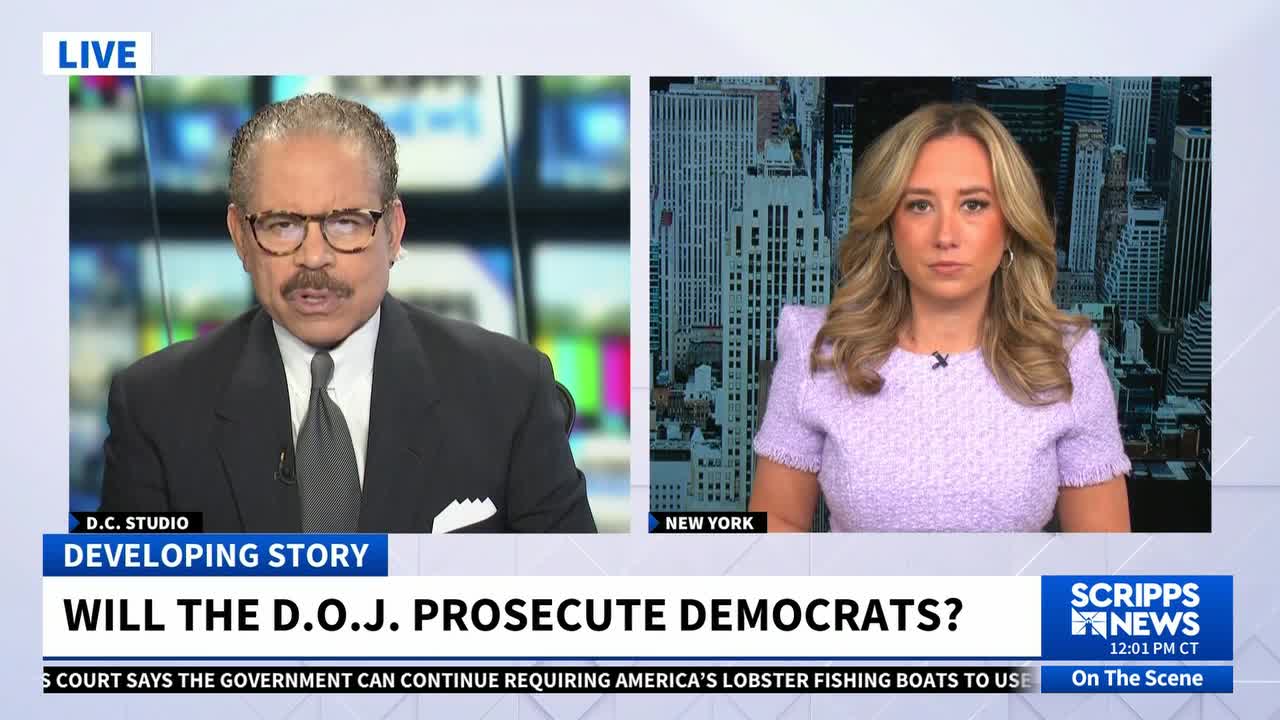President Donald Trump on Wednesday signed a bill requiring the Justice Department to release the so-called Epstein files, paving the way for related documents to be made public within 30 days.
However, the legislation contains exceptions that allow the DOJ to redact certain information. Officials are expected to remove details that could identify victims, material related to child sexual abuse, any graphic content and descriptions, and information that could threaten national security, foreign policy or ongoing investigations.
RELATED STORY | Trump signs new law requiring DOJ to release Epstein files
Earlier this year, Attorney General Pam Bondi said investigators had found no evidence to justify probing third parties — essentially declaring the case closed. However, Trump said last week he wanted the DOJ to investigate former President Bill Clinton and other high-profile men, including former Harvard President Larry Summers, as well as institutions such as JP Morgan Chase. That means the DOJ could withhold more information from the Epstein files due to the ongoing probe.
Scripps News spoke with criminal defense attorney Jeremy Saland, who said the department still could release most of the material but might exclude content related to certain individuals or organizations.
“If a particular Democrat or Republican is being investigated and you have direct or collateral evidence ... maybe that gets taken back and that gets held back or redacted,” Saland said. “But not the wholesale entirety of what is in that file.”
RELATED STORY | The Epstein emails that pushed Larry Summers out of Harvard
Observers note Trump may have inadvertently protected some of the men he singled out — including Clinton — because the DOJ cannot release information tied to an active investigation.
That could mean no public files relating to Clinton, other high-profile figures or targeted institutions. Conversely, because Trump is not under investigation, the DOJ could potentially release files containing his name.





